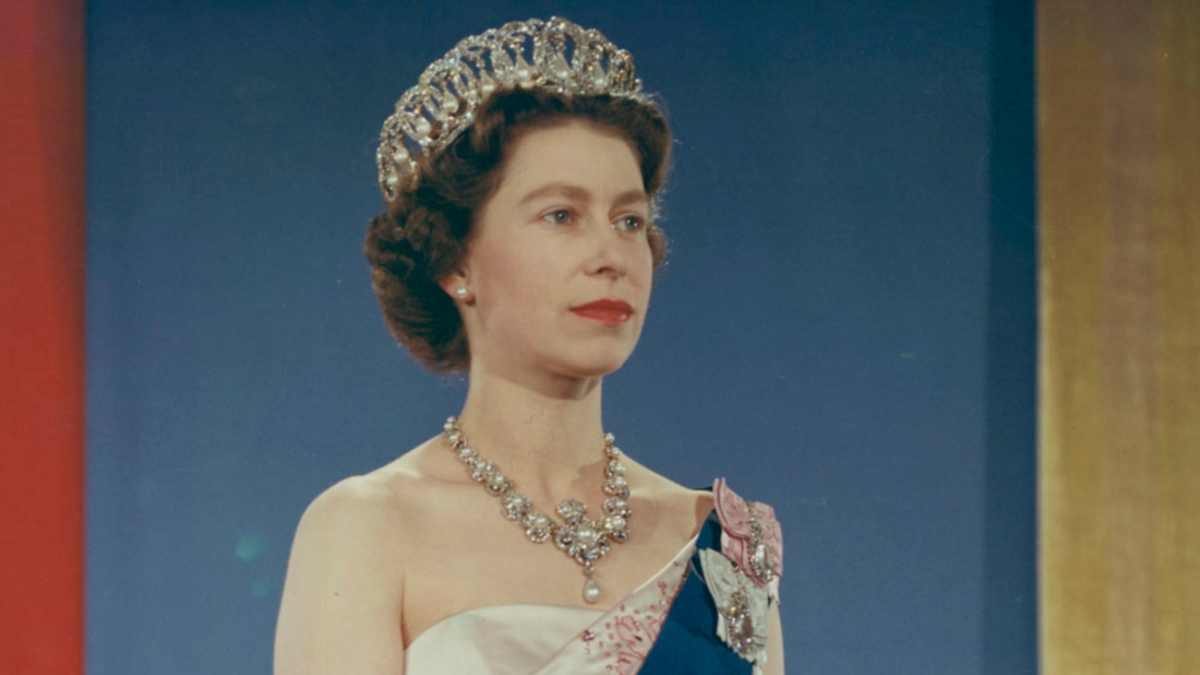The question of whether Prince Harry would be invited to King Charles III’s coronation on May 6 may have been settled, but the drama hasn’t ended there.
Will the Duke and Duchess of Sussex abide by the palace’s rules for their attendance? Can Prince Harry and Prince William stay civil? Will more private conversations end up in Prince Harry’s next book? And the list of “important” questions goes on.
Like most things in our modern culture, this high-profile tit-for-tat hides the true nature of this ancient ceremony. At the core, coronations of kings and queens in Western nations are worship services — leaders presenting themselves before God and answering His call for their lives and the lives of the people in their nation.
Sadly, most people are totally unaware of the deep and profound Christian roots found not only in English coronations but in all coronation ceremonies for Western monarchs. Once made aware of these Christian roots, the response is too often cynicism, reducing the Bible and Christianity to mere props used for legitimacy and the acquisition of power.
But to think of these ceremonies only in terms of authority, power, and legitimacy reveals the corruption of modern minds and misses the fundamental point entirely: How do these ceremonies legitimize rulers? They legitimize because they are true expressions of what society believes — or at least once believed.
Queen Elizabeth II’s Coronation
This can be seen throughout Queen Elizabeth II’s coronation in 1953, which was the first English coronation to be seen on TV. In this 1950s pre-satellite era that lacked instant communication, Royal Air Force jets stood at the ready to fly the film to all parts of the Commonwealth. Yet only those inside the abbey had the benefit of seeing the most solemn and sacred part of the coronation ceremony — the anointing of the Holy Spirit. This part of the ceremony was considered too intimate to have cameras intruding.
Stripped of all royal trappings, and wearing a humble linen dress, Queen Elizabeth prepared to be anointed by Geoffrey Fisher, the Archbishop of Canterbury. For the English, this ceremony dates back to the coronation of King Edgar in 973 at Bath Abbey. Every English monarch for nearly a thousand years has stripped off his or her royal robes, knelt before God, and received the anointing of the Holy Spirit. Now it was Elizabeth’s turn.
She waited as bishops and clergy of the Church of England, each holding a tent pole attached to a yellow canopy, lifted it over her head. The archbishop carried a container of consecrated oil and took his place under the canopy, which harkens back to the tabernacle of the Exodus. The tabernacle was a tent that moved with the children of Israel throughout their long journey in the Sinai Desert. More importantly, it was the dwelling place of God on Earth, and wherever the Israelites camped, the tabernacle would be set up in the center. The tents of families would be arrayed around the tabernacle, and therefore God himself was at the center of Israelite society. The canopy under which the archbishop waited for Queen Elizabeth was a reminder that God is at the center of the nation’s life.
As Queen Elizabeth entered the canopy, the cameras cut away. No pictures or footage of the anointing of Queen Elizabeth are known to be publicly available. We do know, however, from the firsthand description on radio that the archbishop applied the holy oil to her head, hands, and heart. With each anointing, he traced the sign of the cross in the oil. As sovereign, her thoughts, actions, and desires were under Christ and were to reflect Christ’s life and teaching.
Later that evening, with the coronation ceremony in the abbey completed, Queen Elizabeth had one last duty to perform. She had to address her subjects. The BBC had prepared the microphones and cameras. Elizabeth took a seat behind a desk and said:
The ceremonies you have seen today are ancient, and some of their origins are veiled in the mist of the past. But, their spirit and their meaning shine through the ages never perhaps more brightly than now.
Seventy years have passed since Coronation Day. If in 1953 the origins of the coronation ceremony were veiled and misty, what are they today? Obscured? Tarnished? Forgotten? And, what of the underlying meaning and spirit that the ceremony is intended to convey? The young Elizabeth was hopeful that their significance shined brightly. It was the spirit of home, bound together by the shared experience of queen and subject responding to God’s call to worship. It was a spirit that said: The Lord God is our God, this land is our home, and this is who we are as a people.









